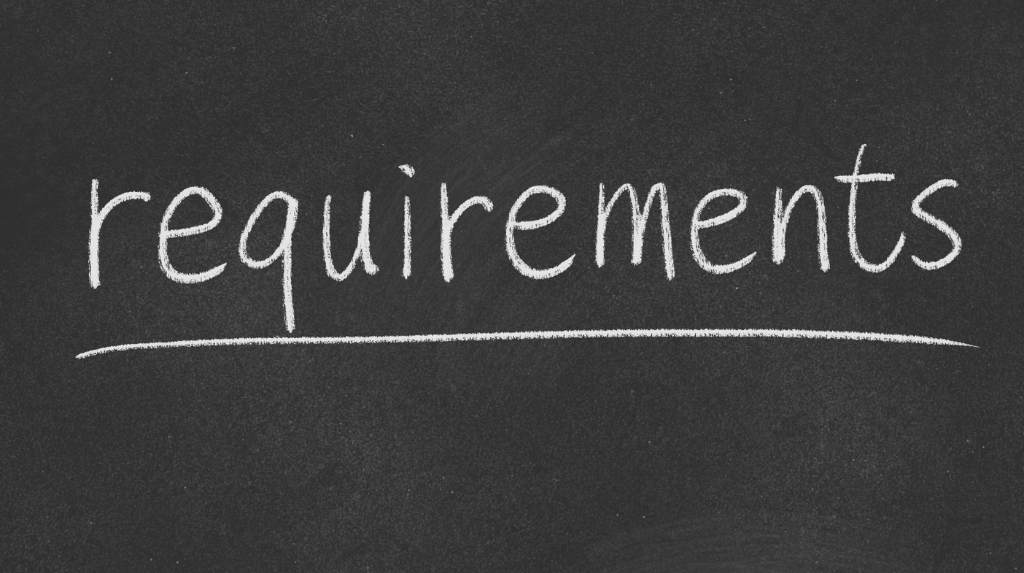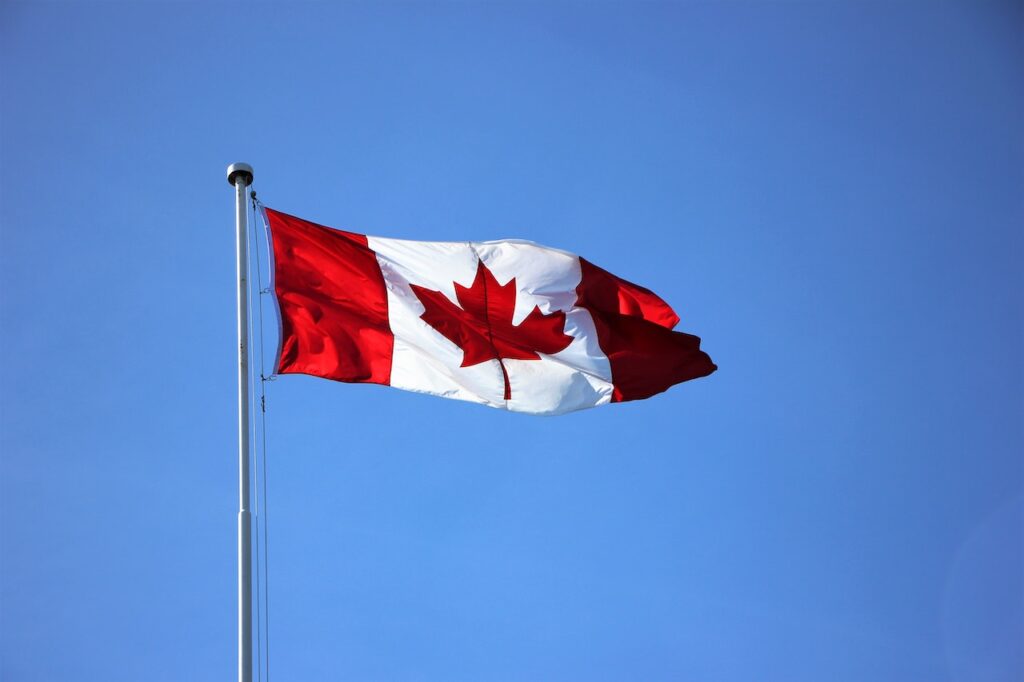The approval rate for Canada visas is a critical factor that potential applicants consider before initiating the application process. In this guide, we will explore the factors influencing the approval rate for Canada visas in Nigeria, shedding light on the key considerations for those aspiring to travel, study, work, or immigrate to Canada.
Factors Influencing Approval Rates:
Type of Visa:
The approval rate for Canada visas varies significantly depending on the type of visa being applied for. Categories such as tourist visas, study permits, work permits, and immigration visas each have their own set of criteria and considerations.
Comprehensive Documentation:
A crucial determinant in the approval process is the completeness and accuracy of the documentation submitted. Incomplete or inaccurate information can lead to delays or denials.
Financial Capability:
Demonstrating financial capability is essential for many visa categories. Having sufficient funds to cover the costs associated with the visit, study, or settlement in Canada positively influences the approval decision.
Purpose of Visit:
The purpose of the visit plays a significant role. A well-defined and legitimate purpose, whether for tourism, education, work, or family reunification, contributes positively to the approval rate.
Ties to Nigeria:
Immigration authorities often assess an applicant’s ties to their home country. Strong ties, such as employment, property ownership, or family responsibilities, can increase the likelihood of approval.
Adherence to Regulations:
Adherence to immigration regulations and a clean immigration history contribute to a positive outcome. Any previous visa refusals or issues can impact the approval rate.
Language Proficiency:
For certain visa categories, such as Express Entry for skilled workers, language proficiency in English or French is a key factor. Adequate language skills positively impact an applicant’s score and, consequently, the approval rate.
Health and Security Clearances:
Some visa categories require health and security clearances. A clean bill of health and a satisfactory security clearance are necessary for approval.
Biometrics:
The introduction of biometrics in the application process adds an additional layer of security. Providing biometric information, including fingerprints and a photo, is a mandatory step for many visa categories.
Changes in Immigration Policies:
Changes in Canadian immigration policies can influence approval rates. Applicants should stay informed about any updates or modifications to the application process.
Common Types of Canada Visas and Their Approval Rates:
Tourist Visa:
Tourist visas for short visits generally have a moderate approval rate, provided applicants can demonstrate their intent to return to Nigeria after their visit.
Study Permit:
The approval rate for study permits can be high if applicants provide comprehensive documentation, proof of acceptance from a recognized institution, and evidence of financial capacity.
Work Permit:
Work permits are often granted based on the availability of job offers and the applicant’s qualifications. A well-structured job offer and relevant qualifications contribute to a positive outcome.
Express Entry for Skilled Workers:
The Express Entry system is points-based, and candidates with higher scores have better chances of approval. Factors such as age, education, work experience, language proficiency, and adaptability are considered.
Provincial Nominee Program (PNP):
Provincial Nominee Programs allow provinces and territories to nominate individuals for permanent residence based on their specific needs. Approval rates can vary by province and program.
Factors Leading to Visa Denials:
While understanding approval rates is essential, it is equally crucial to be aware of factors that may lead to visa denials. Common reasons for visa denials include:
Inadequate Documentation:
Failure to provide complete and accurate documentation can lead to visa denials.
Insufficient Funds:
Inability to demonstrate sufficient funds to cover the costs of the visit, study, or settlement can result in a visa denial.
Lack of Genuine Purpose:
If immigration authorities perceive that the purpose of the visit is not genuine or that the applicant may overstay, it can lead to a denial.
Incomplete Biometrics:
Failure to provide biometric information, when required, can result in application processing delays or denials.
Health or Security Concerns:
Issues related to health or security clearances can lead to visa denials.
Previous Immigration Violations:
Previous visa refusals or immigration violations can negatively impact future applications.
The approval rate for Canada visas in Nigeria is influenced by a myriad of factors, ranging from the type of visa to the applicant’s financial capability, ties to Nigeria, and adherence to immigration regulations. Understanding these factors and preparing a well-documented application is crucial for increasing the likelihood of approval. As immigration policies and procedures evolve, staying informed and seeking professional advice can enhance the chances of a successful visa application. While approval rates can vary, a thorough and well-prepared application significantly contributes to a positive outcome for those seeking to experience all that Canada has to offer.
Do you need a Canada Visa?
Contact our team of skilled immigration lawyers to discuss your visa and immigration needs.
Call us on +234 812 5505 986 or WhatsApp us at +234 818 1547 085 for immediate assistance with your situation. We are available to assist you in person, over the phone, or online.





